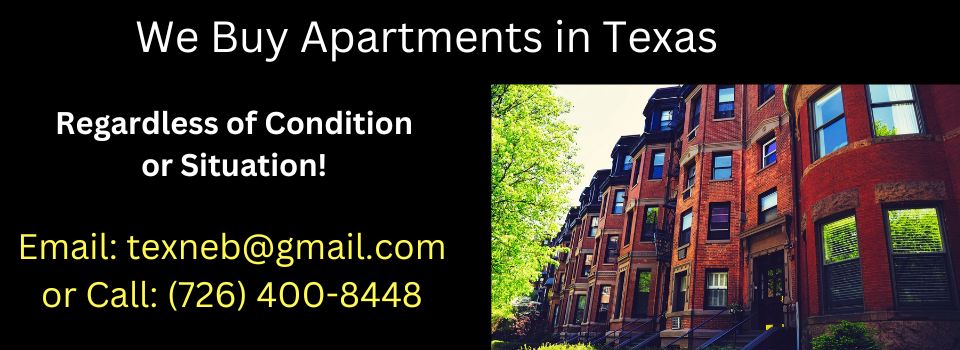A conventional loan is a loan obtained from a conventional lender. Conventional lenders include commercial banks, savings and loan banks, mortgage brokers, mortgage bankers, insurance companies and pension funds.
Commercial Banks – They tend to lend locally and are usually very conservative in their lending practices. Very often they ask for higher down payments, give shorter loan terms and have stricter guidelines.
Savings & Loan Banks – They also tend to lend locally, but are usually a little more aggressive than a commercial bank. The items that they can most often do for you is less down payment, lower out of pocket costs because they do everything in-house, lower interest rates because they lend from customer deposits and they tend to be a little more flexible and make exceptions to get a deal done.
Mortgage Brokers – They act as middlemen and shop your loan to their many financing sources which include banks, insurance companies, pension funds and mortgage bankers. They can generally save you time and money and expose you to the most flexible programs such as interest only loans, no document loans and low debt coverage ratio loans. They also work on a commission only basis, meaning they only get paid if you close the loan, whereas other lenders get paid whether you close a loan with them or not.
Mortgage Bankers – They are usually a part of a large financial institution and loan on a national basis using favorable interest rates and sell wholesale to mortgage brokers.
Insurance Companies and Pension Funds – They tend to lend on larger projects requiring bigger loans at very low rates. These lenders typically take a long time to approve and close the loan. If you have a large requirement they can be your best source of funding.
There are many types of conventional loans for commercial properties that are available. Here are the most common types:
Long Term Loans – These loans are up to 10 years in length, are fixed rate loans, usually have a prepayment penalty and are typically amortized over 30 years.
Short Term Loans – These loans are typically up to 3 years in length, have lower interest rates than long term loans and are typically amortized for less than 30 years. This loan may suit you if you plan on selling the property within a short period of time and overall would cost you less because it doesn’t have a prepayment penalty.
Conduit Loans – These loans usually have low interest rates, with long amortization periods and can be nonrecourse loans. Nonrecourse means that you are not personally liable for the loan. These are good for properties that are stable with credit tenants.
Small Business Administration (SBA) Loans – These loans are insured by the SBA, given through SBA approved lenders and they have some of the most favorable terms such as low down payments, lengthier loan terms, as much as 40 year amortizations and low interest rates. Most of these loans are given to owners who occupy at least 51% of the property and can be used as a construction loan if you occupy at least 60% of the building.
Construction Loans – These loans are taken out to fund the construction of a project to completion or leasing to a certain percentage. These loans are usually done on a draw basis where the lender funds as the project is being built, have interest only payments and are usually for one to three years in length. Usually, they require a take-out loan commitment at the end of the term.
Mezzanine Loans – Most of these loans go with a permanent or construction loan, as lenders won’t exceed 80 percent loan-to-value. These loans stack on top of the other loan to get you up to a 90 percent loan-to-value. These are usually done on larger projects and they are typically not secured by a mortgage or deed of trust, but they are secured by a security agreement against the ownership’s stock in the LLC.
This will give you a clear understanding of a mezzanine loan:
Bridge Loans – These loans are short term financing used to bridge the gap between finding a permanent loan and closing the permanent financing. They help to fund deals quickly.
Stated Income/No Documentation Loans – This type of loan doesn’t require borrowers to show proof of monthly income or income tax returns. This typically requires that you have good credit, the property must have solid cash flow and the property must be in excellent shape.
Hard Money Loans – These loans typically require a large down payment, have high interest rates and require you to pay three to ten points for the loan. These loans can usually close quickly and don’t require good credit. You might use this loan if you have found a really good deal and need money quickly.
As you can see there are many types of loans. It is important that you match the loan to you’re plan for the property. Using leverage or borrowing money on the property can be a good thing if used in the proper manner and matched to your goals. The wrong loan for the property can be a disaster waiting to happen.
As I say throughout my blogs, if I may be of assistance with your real estate questions please contact me. My way of giving back is to give away my knowledge. Thank you for reviewing this blog.

